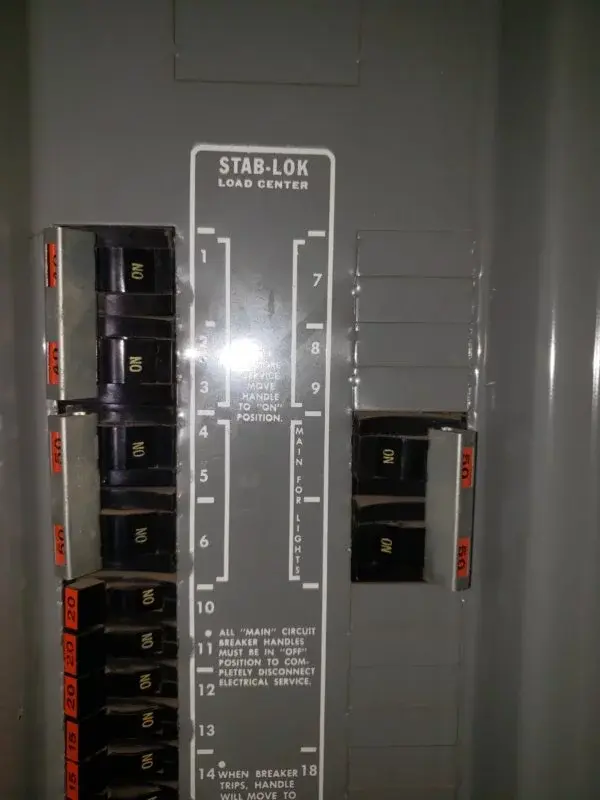Safeguarding Your Home: The Importance of Preventative Foundation Maintenance"
- gjschaan1
- Jul 20, 2023
- 2 min read
Hello, homeowners! This is your trusted home inspector from GJS Inspections, and today we're going to delve deep into a topic that's crucial to the longevity and safety of your home - preventative maintenance for your home's foundation.
The foundation is the bedrock of your home. It supports the entire structure, and any damage to it can lead to serious and costly repairs. That's why preventative maintenance is so important. It can help you spot potential issues before they become major problems, saving you time, money, and stress in the long run.
Understanding the Threats to Your Foundation
Before we dive into the preventative measures, it's important to understand what can cause damage to your foundation. The most common culprits are water and soil. Water can seep into cracks and expand them, while soil can shift and cause the foundation to move. Other factors include poor construction, age, and tree roots growing too close to the foundation.
Water Damage and Your Foundation
Water is one of the biggest threats to your foundation. Poor drainage, heavy rainfall, or plumbing leaks can lead to water pooling around your foundation, causing it to weaken over time. When water seeps into cracks in the foundation, it can freeze in the winter and expand, making the cracks even larger. Over time, this can lead to serious structural damage.
Soil Shifts and Your Foundation
The type of soil your home is built on can also have a significant impact on your foundation. Some types of soil, like clay, can expand when wet and shrink when dry, causing the soil to shift. This shifting can lead to uneven pressure on your foundation, causing it to crack or shift.
Preventative Measures for Your Foundation
So, what can you do to prevent these issues? Here are a few tips:
Proper Drainage: Make sure your home has good drainage. This includes gutters and downspouts that direct water away from your foundation. Also, the soil around your home should slope away to prevent water from pooling.
Regular Inspections: Have your foundation inspected regularly by a professional. They can spot signs of damage early and suggest repairs before the problem worsens.
Tree Placement: Be mindful of where you plant trees. Their roots can grow into the foundation and cause damage. Plant them far enough away to prevent this.
Soil Maintenance: Keep the soil around your home consistently moist. Dry soil can shrink and cause the foundation to settle, while overly wet soil can cause it to heave.
Crack Repairs: If you notice small cracks, get them repaired immediately. Small cracks can turn into big problems if left unattended.
The Cost of Ignoring Your Foundation
Ignoring the signs of foundation damage can lead to serious consequences. Not only can it lead to costly repairs, but it can also decrease the value of your home. In severe cases, it can even make your home unsafe to live in.
Remember, preventative maintenance is always more cost-effective than a major repair. By taking these steps, you can ensure the longevity of your home's foundation and, by extension, your home itself.
At GJS Inspections, we're always here to help with your home inspection needs. If you have any concerns about your foundation or any other part of your home, don't hesitate to reach out to us. After all, your home is your biggest investment, and we're here to help you protect it.



Comments